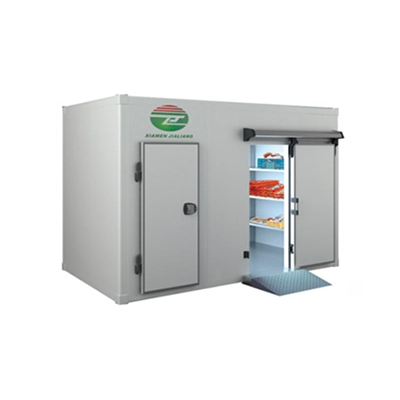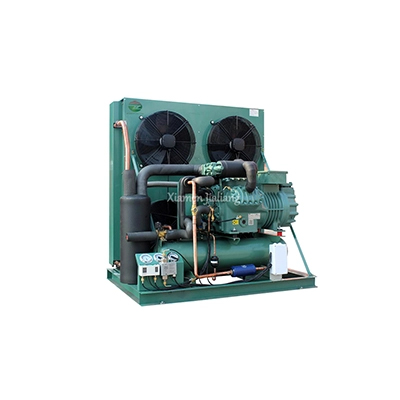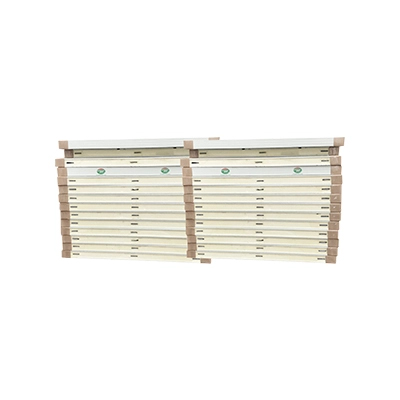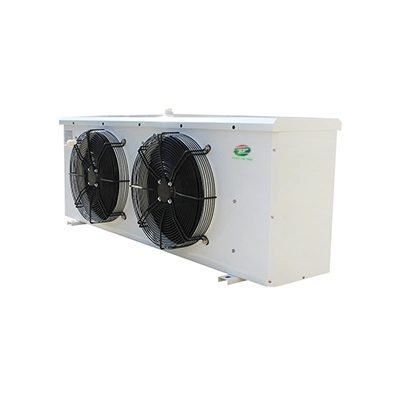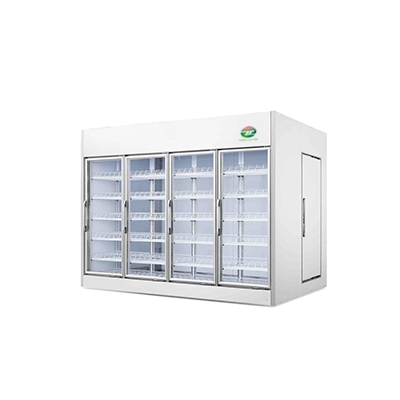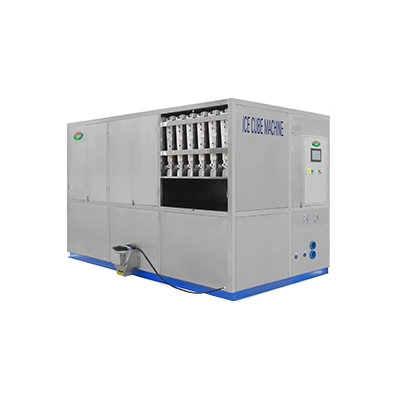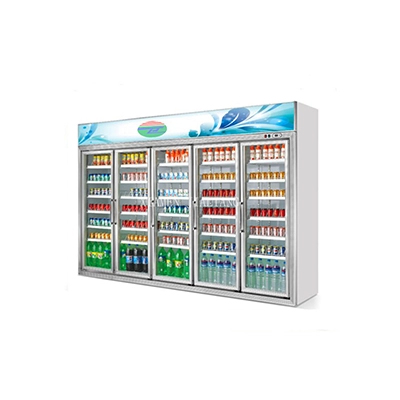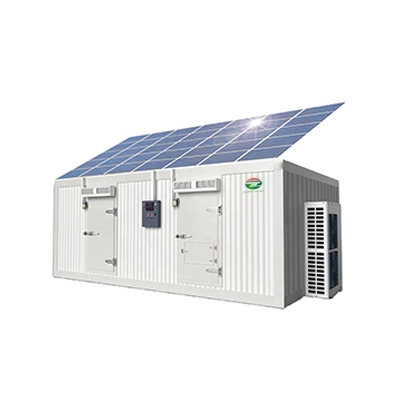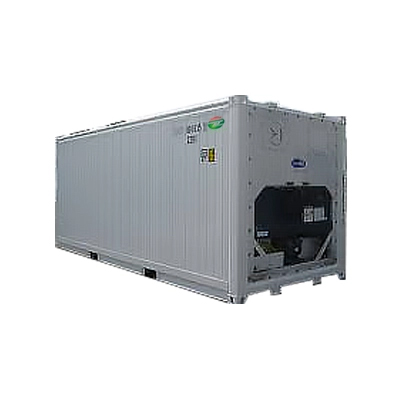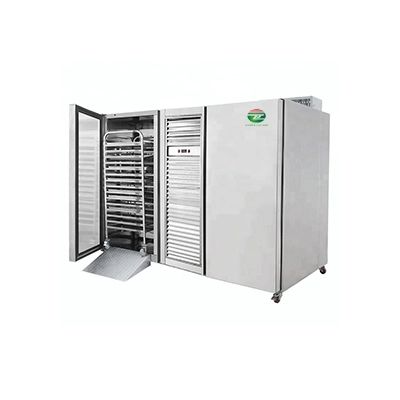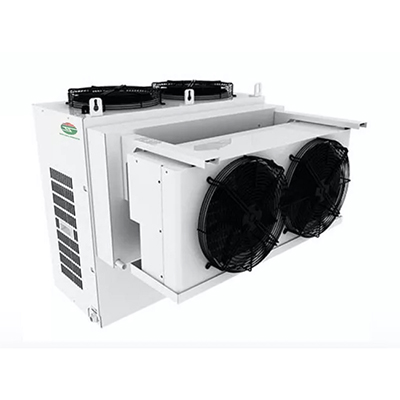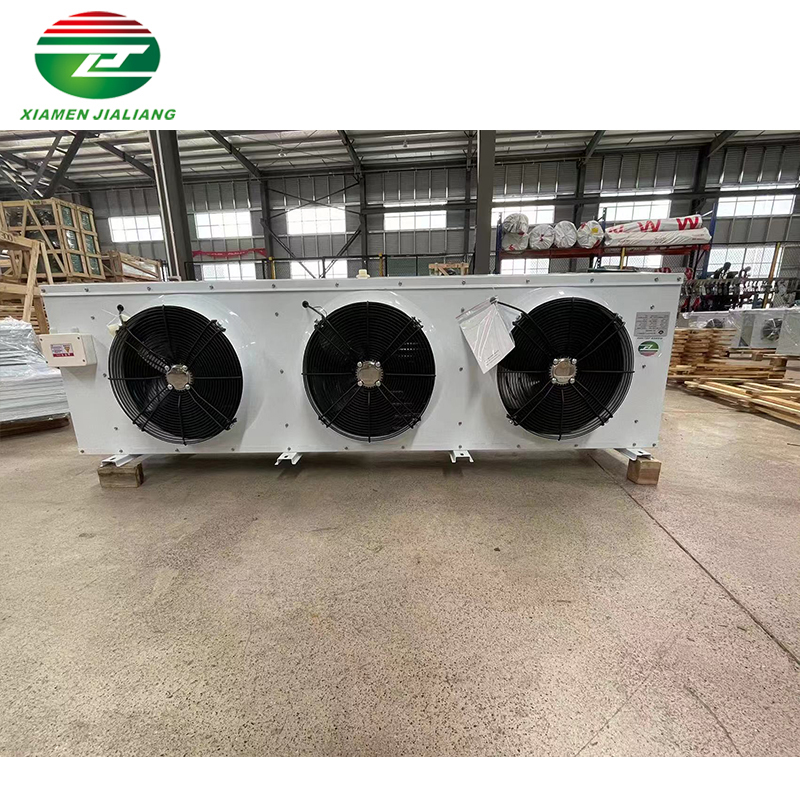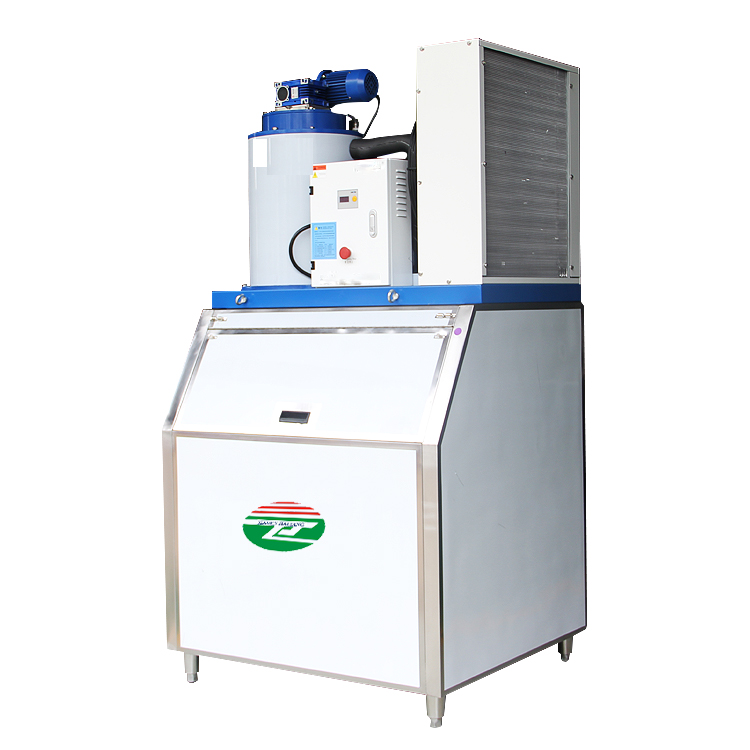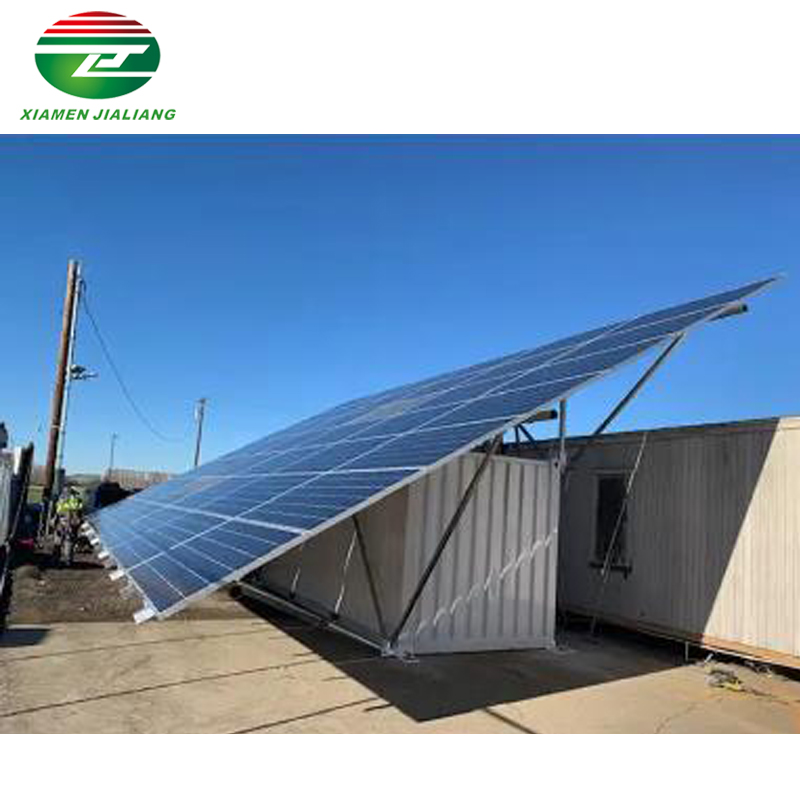Choosing the Right Cold Room for Your Business: Understanding the Pros and Cons of Mobile and Non-Mobile Cold Rooms
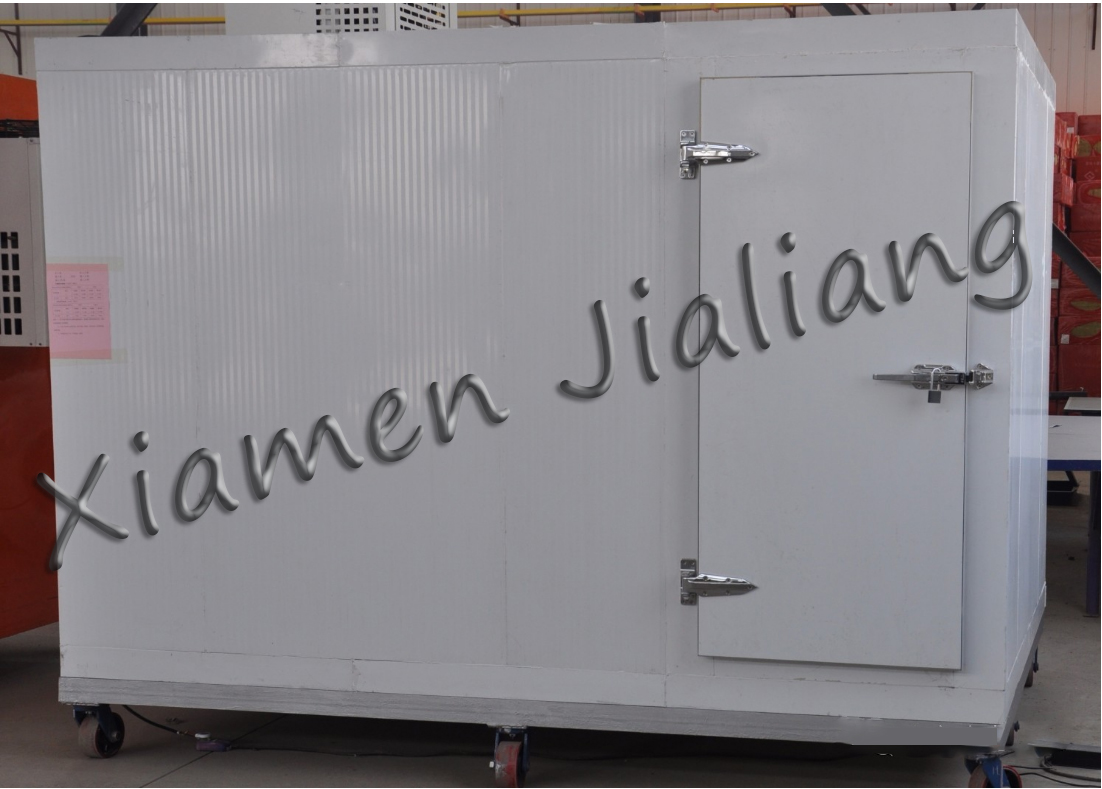
Introduction: Mobile Cold Rooms and Non-Mobile Cold Rooms
In the food industry, cold rooms are essential for storing perishable goods. These refrigerated rooms are designed to keep products at a consistent and safe temperature, protecting them from spoilage and contamination. However, with so many options available, it can be difficult to know which type of cold room is best for your business. In this article, we will discuss the pros and cons of mobile and non-mobile cold rooms to help you make an informed decision.
Mobile Cold Rooms
Mobile cold rooms are refrigerated units that are designed to be transported to different locations. They are often used by businesses that require cold storage in multiple locations, such as catering companies, food trucks, and outdoor events.
Pros:
Flexibility: One of the main advantages of mobile cold rooms is their flexibility. They can be easily transported to different locations, making them ideal for businesses that require cold storage in multiple locations. This allows businesses to be more responsive to changing demands and to take advantage of new opportunities.
Easy to Install: Mobile cold rooms are easy to install and require minimal preparation. They can be placed on any flat surface and connected to a power source. This makes them a convenient option for businesses that need to set up quickly.
Cost-effective: Mobile cold rooms are often less expensive to purchase and maintain than non-mobile cold rooms. Because they are smaller and require less energy to operate, they are more cost-effective for businesses with smaller storage needs.
Cons:
Limited Storage Capacity: One of the main drawbacks of mobile cold rooms is their limited storage capacity. They are typically smaller than non-mobile cold rooms and have limited storage space. This can be a disadvantage for businesses that require large amounts of cold storage.
Environmental Impact: Mobile cold rooms require fuel or electricity to operate, which can increase your carbon footprint. This can be a concern for businesses that prioritize sustainability and environmental responsibility.
Non-Mobile Cold Rooms
Non-mobile cold rooms are refrigerated rooms that are designed to be installed and permanently fixed in a single location. They are often used by businesses that require large amounts of cold storage, such as food manufacturers, supermarkets, and restaurants.
Pros:
Large Storage Capacity: One of the main advantages of non-mobile cold rooms is their large storage capacity. They can be built to any size, allowing for maximum storage capacity. This makes them a good option for businesses with high storage needs.
Energy-efficient: Non-mobile cold rooms can be designed to be energy-efficient, reducing your energy consumption and costs. This can be a significant advantage for businesses that prioritize sustainability and energy efficiency.
Customizable: Non-mobile cold rooms can be customized to suit your specific needs and requirements. They can be designed to accommodate specific products, such as meat, dairy, or produce. This allows businesses to optimize their storage space and improve efficiency.
Cons:
Expensive: Non-mobile cold rooms are often more expensive to purchase and install than mobile cold rooms. They require more extensive preparation and installation, which can be a significant investment for businesses with limited budgets.
Difficult to Relocate: Non-mobile cold rooms are not designed to be moved once installed, making them less flexible than mobile cold rooms. This can be a disadvantage for businesses that require flexibility and mobility.
Choosing the Right Cold Room for Your Business
When choosing the right cold room for your business, it's important to consider your specific needs and requirements. The decision should be based on factors such as your storage needs, budget, and mobility requirements.
If you require flexible cold storage in multiple locations, a mobile cold room may be the best option. They are easy to install and cost-effective, making them a good option for businesses with smaller storage needs.
However, if you require maximum storage capacity and energy efficiency, a non-mobile cold room may be more suitable. They can be customized to meet your specific needs and can be designed to be energy-efficient, reducing your energy consumption and costs.
Conclusion
In conclusion, choosing the right cold room for your business is essential for ensuring the safe storage of perishable goods. By understanding the pros and cons of mobile and non-mobile cold rooms, you can make an informed decision that meets your specific needs and requirements. Whether you choose a mobile or non-mobile cold room, it's important to invest in high-quality equipment that will provide reliable and efficient cold storage for your business.

